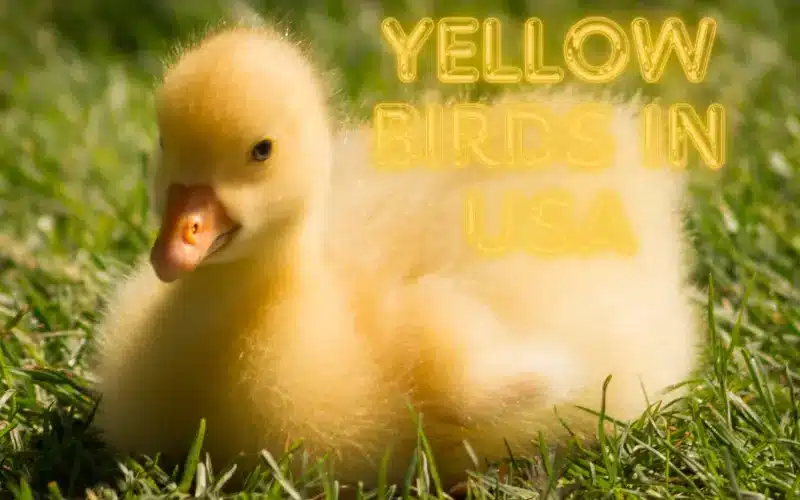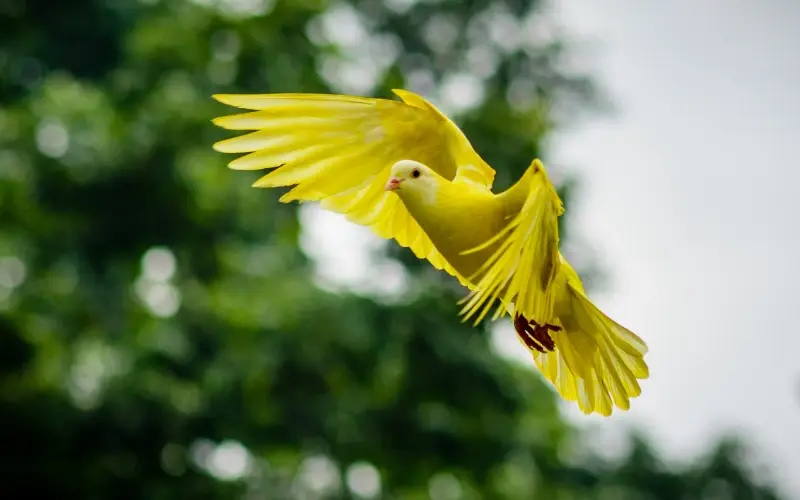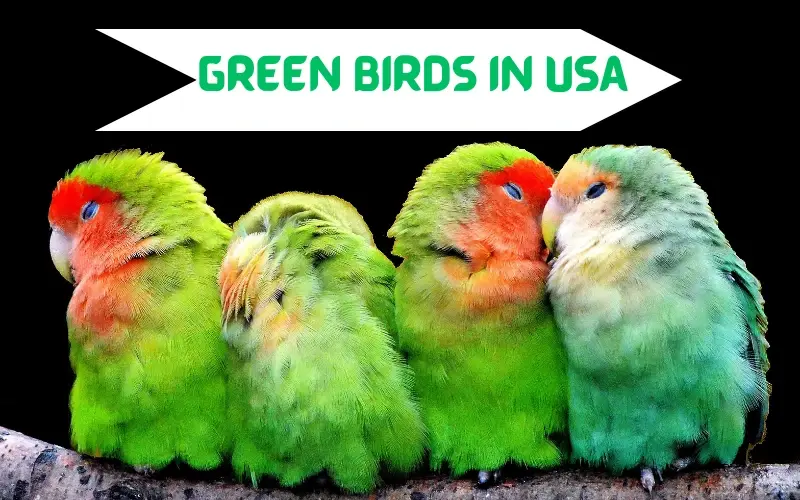Guineafowls are fascinating birds known for their unique appearance, pets, and interesting behavior. Guineafowls are a type of game bird known for their distinctive appearance and flavorful meat. They are native to Africa but were also raised in other parts of the world
Guinea fowls are characterized by their spotted plumage and helmet-like crests. They are popular among hunters and farmers for their hardiness and ability to control pests. In cuisine, guinea fowl meat is prized for its lean texture and rich flavor, often prepared in dishes such as stews, roasts, and curries. In this article, we’ll delve into their habitat, physical characteristics, behavior, and more.
Habitat and Distribution
Guineafowls are native to Africa, where they inhabit a variety of habitats ranging from grasslands to forests. They have also been introduced to other parts of the world, including North America and Europe.
Physical Characteristics
Guineafowl are characterized by their speckled plumage and distinctive helmet-like crests. They have strong legs and feet adapted for running and scratching for food.
Behavior and Social Structure
Guineafowl are highly social birds that form flocks for foraging and roosting. They are known for their loud calls and vigilant behavior, which helps them detect predators.
Diet and Feeding Habits
Guineafowl are omnivores, feeding on a diet of seeds, insects, small vertebrates, and vegetation. They use their strong beaks to peck and scratch for food on the ground.
Reproduction and Lifecycle
Guineafowl typically mate for life and breed during the rainy season. The female lays a clutch of eggs in a shallow nest, and both parents take turns incubating them.
Predators and Threats
Guineafowl face predation from a variety of animals, including large birds of prey, mammals, and snakes. Habitat loss and hunting also pose significant threats to their populations.
Domestication and Farming
Guineafowl have been domesticated for centuries, primarily for their meat and eggs. They are valued for their pest control abilities and are often kept on farms and homesteads.
Cultural Significance
Guineafowl have cultural significance in many African societies, featuring in folklore, rituals, and ceremonies. They are also symbols of wealth and status in some cultures.
Conservation Efforts
Conservation efforts are underway to protect wild guineafowl populations and their habitats. This includes habitat restoration, captive breeding programs, and educational initiatives.
Breeds and Varieties
There are several different breeds and varieties of guineafowls, each with its own unique characteristics and traits. Common breeds include the Helmeted Guineafowl and the Crested Guineafowl.
Common Health Issues
Guineafowls are generally hardy birds but can be susceptible to diseases and parasites. Common health issues include respiratory infections, mites, and nutritional deficiencies.
Interesting Facts About Guineafowls
- Guineafowls are excellent runners and can reach speeds of up to 12 miles per hour.
- They have a keen sense of hearing and can detect danger from a distance.
- Guineafowls are known for loud calls, which can be heard over long distances.
- They are highly adaptable birds and can thrive in a variety of environments.
- Guineafowls are often kept as guard animals to alert owners to potential threats.
Guineafowls as Pets
Guineafowl can make interesting and entertaining pets for those with the space and resources to care for them. However, they require specialized housing and diet requirements.
Conclusion
Guineafowl are fascinating birds with a rich history and cultural significance. Whether in the wild or on the farm, these birds continue to capture the imagination of people around the world.
FAQs
- Can guineafowl fly?
- Guineafowls are capable of short bursts of flight but prefer to run and use their strong legs for locomotion.
- Are guineafowl noisy?
- Guineafowls can be noisy, especially when alarmed or communicating with other flock members.
- Do guineafowl lay eggs?
- Yes, guineafowls are prolific egg layers, with females typically laying clutches of eggs during the breeding season.
- Are guineafowl aggressive?
- Guineafowls can be territorial and may display aggressive behavior towards perceived threats or intruders.
- Can guineafowl be kept with other poultry?
- Yes, guineafowls can coexist with other poultry species, but introductions should be done gradually to prevent conflicts.














